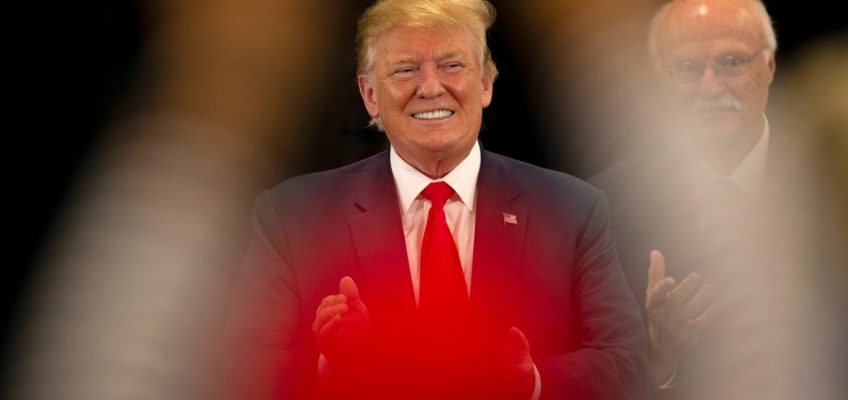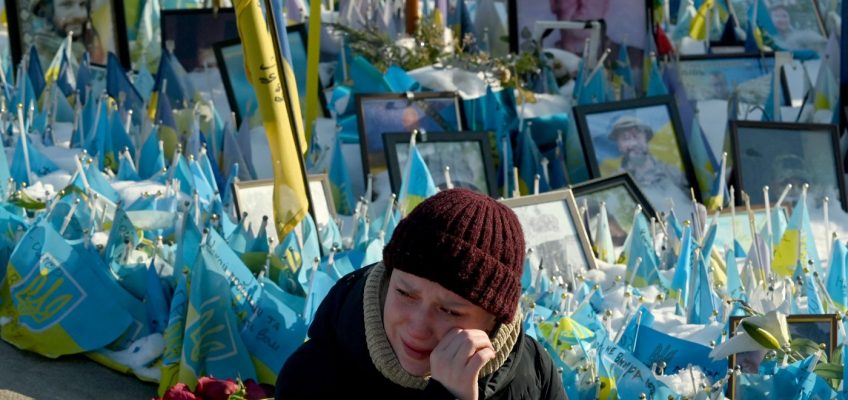President Donald Trump is poised to address a joint session of Congress on March 4, the first-year equivalent of the annual State of the Union address. Whatever one thinks of this administration’s policies and many executive orders, the presidency has grown too powerful, and reformers from every political party should work to pare it back.
If America’s Founders had one overriding principle, it is this: Don’t put too much power in one place. As we approach 2026 and America’s semi-quincentennial (quarter millennial), celebrating 250 years since the signing of the Declaration of Independence in 1776, it’s an apt time to realize the center of power has long since moved away from the states and toward Washington, to the detriment of us all. And within Washington, power has increasingly centralized in the president at the expense of Congress and the judiciary.
For his part, Trump has already usurped Congress’s power of the purse to impose trade tariffs, and he has floated the idea of creating a sovereign wealth fund without Congress. He can cite a precedent as recent as President Joe Biden’s attempt to spend $400 billion on student loans without congressional involvement. When courts blocked Biden, he continued the same policy, in smaller chunks.
Before that, President Barack Obama infamously pledged to use his pen and phone when Congress threatened to block his policies. Before that, President George W. Bush started two wars without congressional approval, one more than his father. Going back even further, President Woodrow Wilson jailed political opponents during World War I in violation of court orders.
Trump’s annual speech itself is arguably an indicator of burgeoning presidential power. Thomas Jefferson transmitted his State of the Union addresses to Congress in written form, partly because he felt that appearing in person before Congress looked too much like a king pressuring the legislature. Jefferson’s tradition of respecting congressional independence continued for more than a century until Woodrow Wilson, whose grand views of presidential power mirror Trump’s, began giving in-person speeches annually.
The separation of powers is one of the most essential principles in American government. Yet, there are also political and economic reasons to oppose unilateral presidential policymaking. One is the yo-yo effect. While it is easy to enact sweeping policy changes via executive order, it is just as easy for the next president to overturn them. The result is policy whiplash every time there is a change in power, on issues ranging from environmental policy to labor regulations. This instability discourages investment and slows innovation and growth.
Related Articles
Bret Stephens: America’s most shameful vote at the U.N.
Allison Schrager: Trump risks making the same economic mistakes as Biden
F.D. Flam: You might have plastic in your brain. Don’t panic — yet
Noah Feldman: Some of DOGE’s influence can’t be undone
Kathryn Anne Edwards: House Republicans’ budget plan gets poverty all wrong
For example, many of Trump’s first-term executive orders on regulation were overturned by Biden on his first day in office. Now, some of those same orders are back in effect, and the odds are the next Democratic president will overturn them again.
Tariffs provide another example. The Constitution gives all taxing powers to Congress and none to the president. In the 1960s and 1970s, Congress delegated its tariff-making powers to the president for expediency reasons. Trump has used these powers to impose tariffs on hundreds of billions of dollars of goods, often announced on social media with little to no notice and certainly with no congressional input.
Congress hasn’t raised tariffs since the 1930 Smoot-Hawley tariffs that worsened the Great Depression — and for good reason. Trump’s 2018 steel and aluminum tariffs, for example, created 1,000 jobs in those industries but cost 75,000 jobs in steel- and aluminum-using industries ranging from autos to beverages.
Trump’s speech to Congress will inspire and provoke. There should be one thing everyone can agree on: the presidency has grown too powerful.
Congress rightly has sole legislative and spending power, not the president. To restore constitutional government, Congress must either codify Trump’s executive orders in legislation or repeal them outright, on a case-by-case basis. And the courts must stop unconstitutional behavior from Congress and the president while upholding policies that are constitutional.
The state of our union is that America is in good shape. However, our Founding institutions are undergoing another stress test. It is up to Congress, the courts and to each of us to see that it passes.
Ryan Young is a senior economist at the Competitive Enterprise Institute. He wrote this for InsideSources.com.




